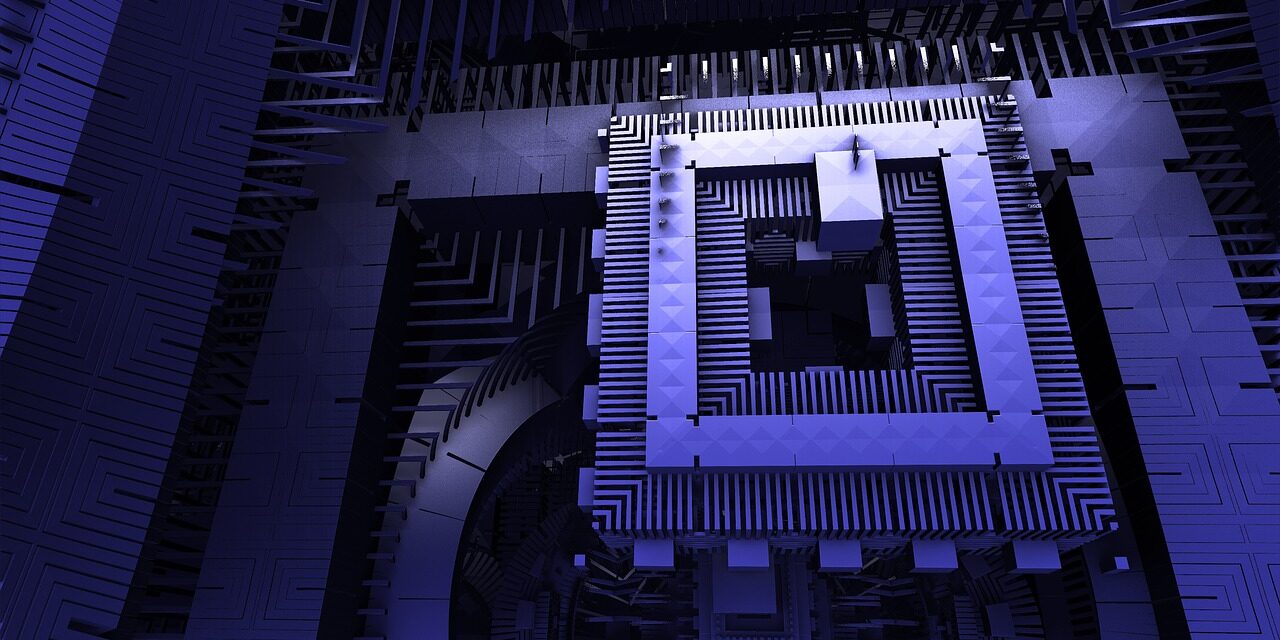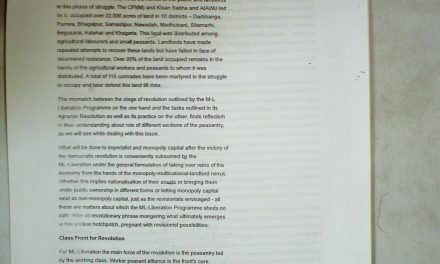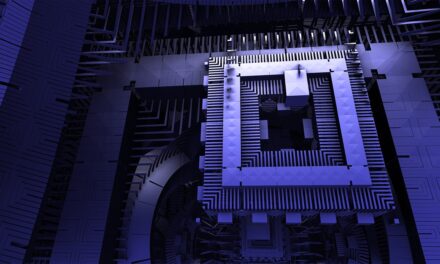
What’s Quantum Computer – Explained

Quantum computing could change the world. It could transform medicine, break encryption and revolutionize communications and AI. Companies like IBM, Microsoft and Google are racing to create reliable quantum computers. China has invested billions. Recently, Google claimed it had achieved quantum supremacy – the first time a quantum computer has outperformed a traditional one.
But what is quantum computing? And how does it work? Let’s start with the basics. An ordinary computer chip uses bits. These are like tiny switches, which will either be within the off position – represented by a zero – or within the on position – represented by a 1. Every app you employ, the web site you visit and photograph you’re taking is ultimately made from many these bits in some combination of ones and zeroes. This does great for most things, but it doesn’t reflect the way the universe actually works. In nature, things aren’t just on or off. They’re uncertain. And even our best supercomputers aren’t very good at dealing with uncertainty. And that’s a problem. Because over the last century, physicists have discovered when you go down to a really small scale, things start to get weird. They’ve developed a whole new field of science to try and explain why. It’s called quantum mechanics.
Quantum mechanics is the foundation of physics, which underlies chemistry, which is the foundation of biology. So for scientists to accurately simulate any of these things, they have a far better way of creating calculations which will handle uncertainty. and that is where quantum computers are available. rather than bits, quantum computers use qubits. instead of just being on or off, qubits also can exist during a state called ‘superposition’, where they’re both on and off at an equivalent time, or somewhere on a spectrum between the two.
Superposition is sort of a spinning coin, and it’s one among the items that create quantum computers so powerful. A qubit allows for uncertainty. If you ask a traditional computer to work its answer of a maze, it’ll try every single branch successively, ruling all of them out individually until it finds the proper one. A quantum computer can go down every path of the maze directly. It can hold uncertainty in its head. It’s a touch like keeping a finger within the pages of a choose your own adventure book. If your character dies, you’ll return to your last decision and make a replacement one instead of having to travel all the thanks to the beginning of the book.
The other thing that qubits can do is named entanglement. Normally, if you flip two coins, the results of the primary coin toss has no pertaining to the results of the other. They’re independent. In entanglement, two particles are linked together, albeit they’re physically separate. If one comes up heads, the opposite one also will automatically be heads. It seems like magic, and physicists still don’t fully understand how or why it works. But within the realm of quantum computing, it means you’ll move information around, albeit it contains uncertainty. you’ll take that spinning coin and you’ll use it to perform complex calculations. And if you’ll string together multiple qubits, you’ll solve problems that might take our greatest supercomputers many years to unravel.
Quantum computers aren’t almost doing things faster or more efficiently. They’ll let us do things that we couldn’t even have dreamed of without them. They have the potential to rapidly accelerate the development of artificial intelligence. Google is already using them to improve its software for self-driving cars. They’ll also be vital for modelling chemical reactions. Right now, supercomputers can only analyse the most basic molecules. But quantum computers operate using an equivalent quantum properties because the molecules they’re trying to simulate. They should haven’t any problem handling even the foremost complicated reactions. That could mean more efficient products – from better batteries for electric cars, to cheaper drugs, and even better solar panels.
Scientists hope that quantum computers could at some point help find a cure for Alzheimer’s disease. Quantum computers will find a use anywhere there’s a sophisticated system that must be simulated. that would be anything from predicting the financial markets, to improving meteorology, to modelling the behaviour of individual electrons: using quantum computers to enhance our understanding of physics. Cryptography is going to be another key application. Right now, plenty of encryption relies on the matter of breaking down large numbers into prime numbers. this is often called factoring, and for classical computers, it’s slow, expensive and impractical. But quantum computers can roll in the hay easily. which could put our data in danger.
There are rumours that intelligence agencies around the world are already stockpiling vast amounts of encrypted data in the hope that they’ll soon have a quantum computer that can crack it. The only thanks to fight back is with quantum encryption. This relies on the uncertainty principle – the idea that you can’t measure something in the quantum realm without influencing the result. Quantum encryption keys could not be copied or hacked. They would be completely unbreakable. You’ll probably never have a quantum contribute your laptop or smartphone. There isn’t going to be an iPhone Quantum computers have been theorised about for decades, but the reason it’s taken so long for them to arrive is that they’re incredibly sensitive to interference. Almost anything can knock a qubit out of the fragile state of superposition.
As a result, quantum computers need to be kept isolated from all sorts of electrical interference, and chilled right down to on the brink of temperature. That’s colder than outer space. They’ll mostly be used by academics and large businesses, who will probably access them remotely. It’s already possible for anyone to access IBM’s quantum computer via its website – you can even play a card game with it. Right now, the simplest quantum computers have about 50 qubits. That’s enough to form them incredibly powerful, because every qubit you add means an exponential increase in processing capacity. But they even have really high error rates, due to those problems with interference. They’re powerful, but not reliable. That means that for now, claims of quantum supremacy have to be taken with a pinch of salt.
In October 2019, Google distributed a paper recommending it had accomplished quantum matchless quality – the focus on which a quantum PC can outflank an old-style one. Be that as it may, its adversaries contested the case – IBM said Google had not taken advantage of the whole intensity of late supercomputers. A large portion of the huge forward leaps so far are in controlled settings, or utilizing issues that we definitely know the response to. What’s more, regardless, arriving at quantum incomparability doesn’t mean quantum PCs are really prepared to do anything valuable yet. Specialists have gained extraordinary ground in building up the calculations that quantum PCs will utilize. Be that as it may, the gadgets themselves despite everything need tons more work. Quantum registering could change the world – yet promptly, its future stays dubious.















